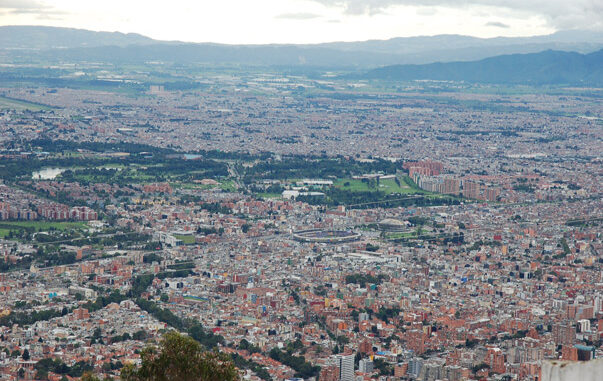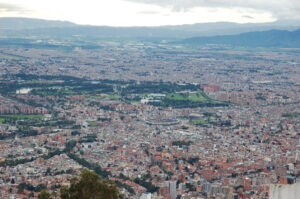

Jessica Byrne
Colombian novelist Gabriel García Márquez is regarded as one of the most important authors of the twentieth century. In 1982, he became the first Colombian and only the fourth Latin American to receive the Nobel Prize in Literature. His writings have achieved universal praise and success, most notably for challenging Colombian literature to step out of its pro-government and anti-controversial views. In doing so, he also helped to bring about the Latin American boom of writers in the 1960s and 1970s.
One of twelve children and raised by his grandparents, García Márquez left law school for a career in journalism. In 1967, he completed his masterpiece, Cien años de soledad (One Hundred Years of Solitude). This novel was widely popular and a major contributing reason for his Nobel Prize. In 1974, he founded the magazine Alternativa in Bogotá, Colombia, and worked to publicize human rights abuses in Latin America. He was awarded the French Legion of Honor in 1981, the highest decoration France gives to a foreigner. Later that same year, he received death threats from members of Colombian right-wing paramilitary organizations for acting as an intermediary between leftist guerrillas and the government, ultimately forcing him to seek asylum at the Mexican Embassy in Bogotá. García Márquez continued to take an active role in politics, but only under heavy security or abroad—in Paris, New York, Barcelona, and Mexico. He created the daily newspaper El Otro in Colombia, but only after the Colombian government promised to keep him safe.
García Márquez also wrote plays, short stories, and screenplays. In 1986, he organized the Foundation of New Latin American Cinema in Havana, Cuba. Many of his novels, such as El amor en los tiempos del cólera (Love in the Time of Cholera), were made into movies.
Explore More:
1. Gabriel García Márquez was the fourth Latin American to be honored with the Nobel Prize. Other Latin American winners were Chilean poets Gabriela Mistral in 1945 and Pablo Neruda in 1971, and Guatemalan novelist Miguel Ángel Asturias in 1967. Since García Márquez, how many Latin Americans have won? Do you recognize any of their works?
2. One might be surprised to know that García Márquez spent most of his life living abroad or in exile from Colombia due to threats on his life. Can you think of other famous individuals who were respected as a national icon but still viewed as outcasts for their beliefs?